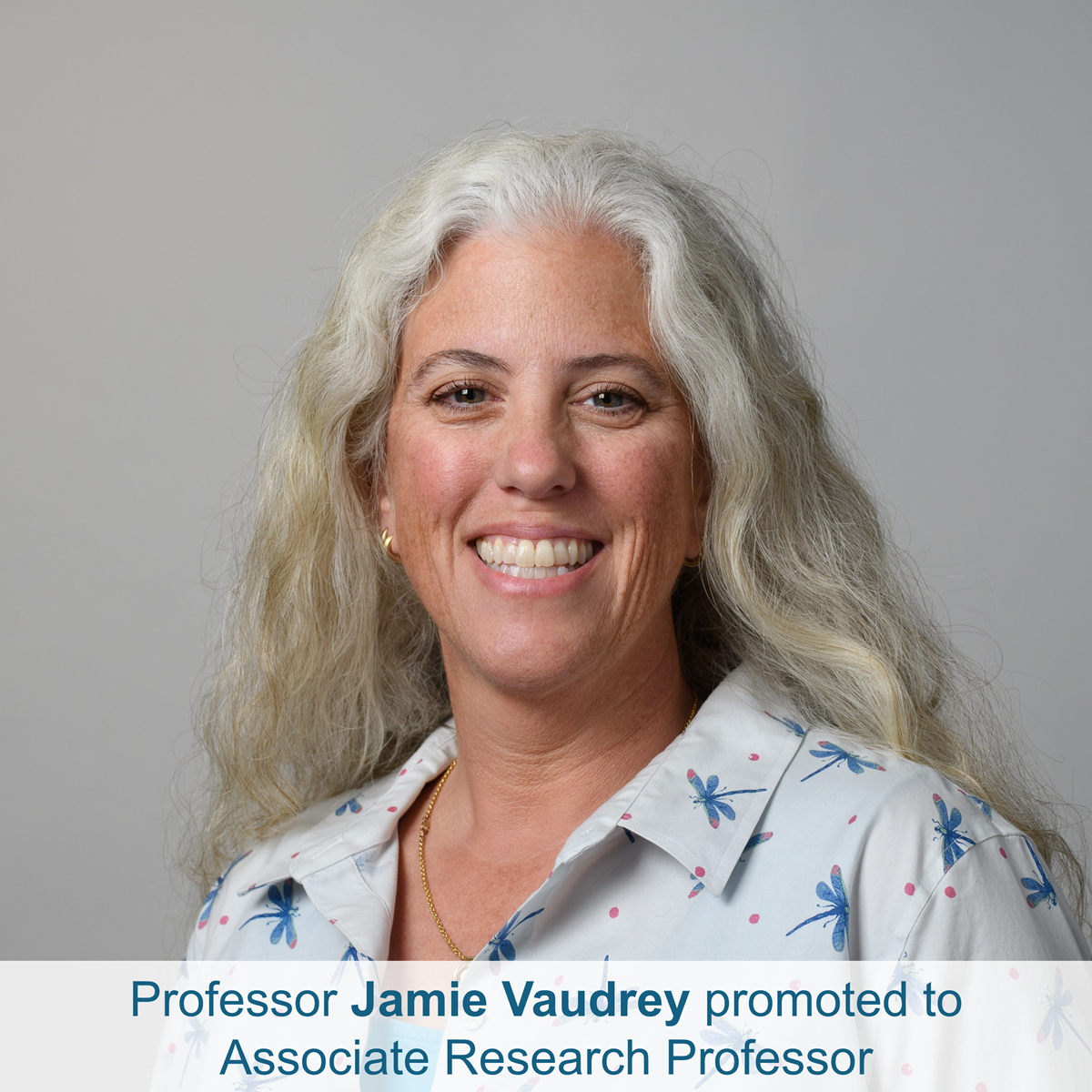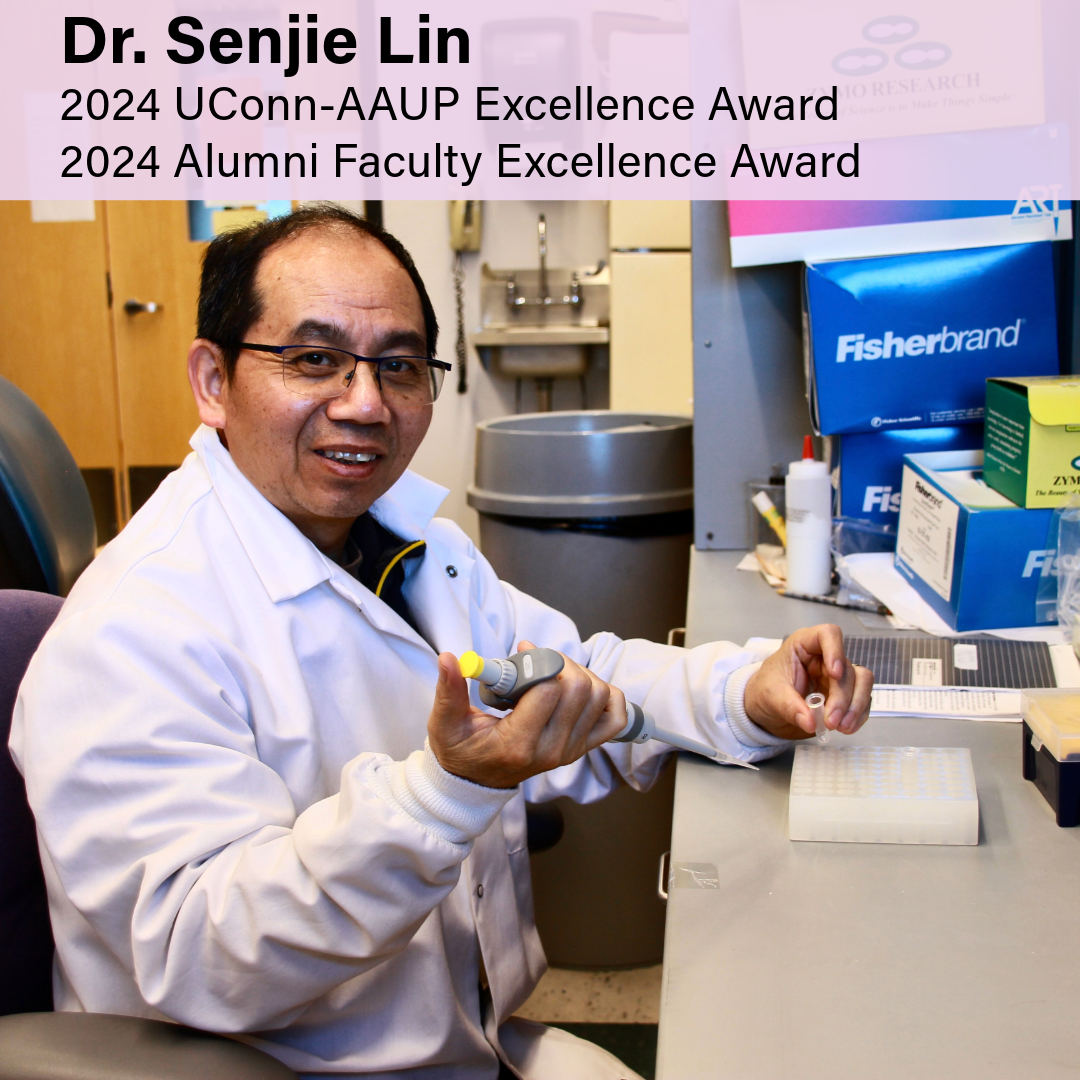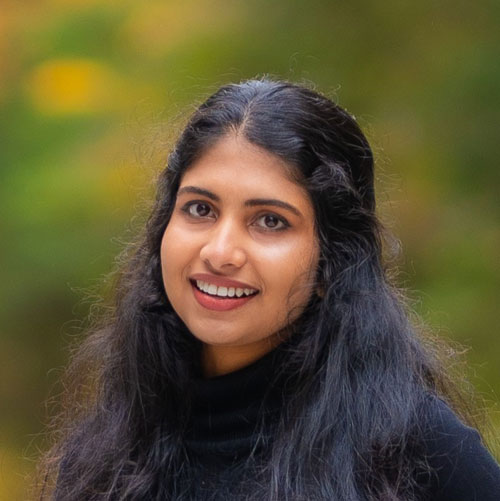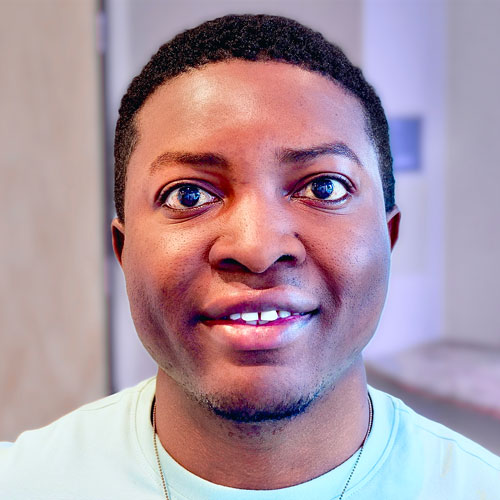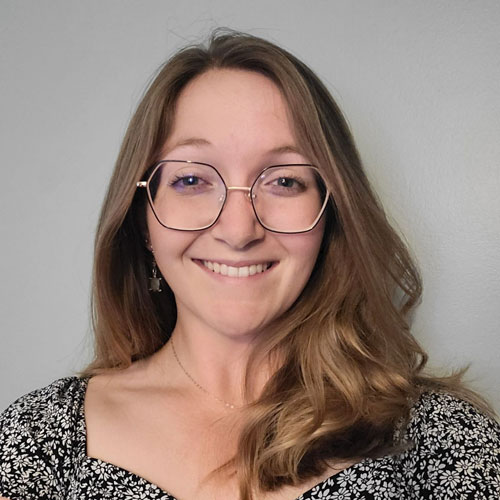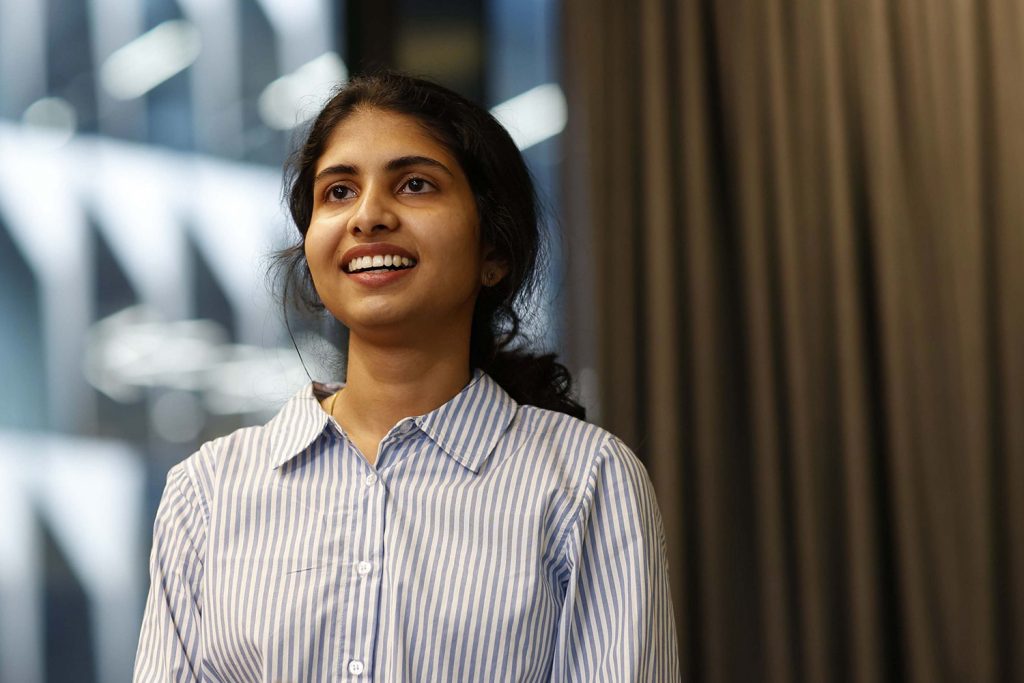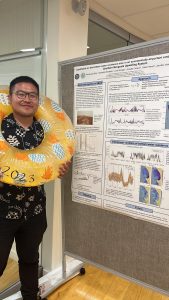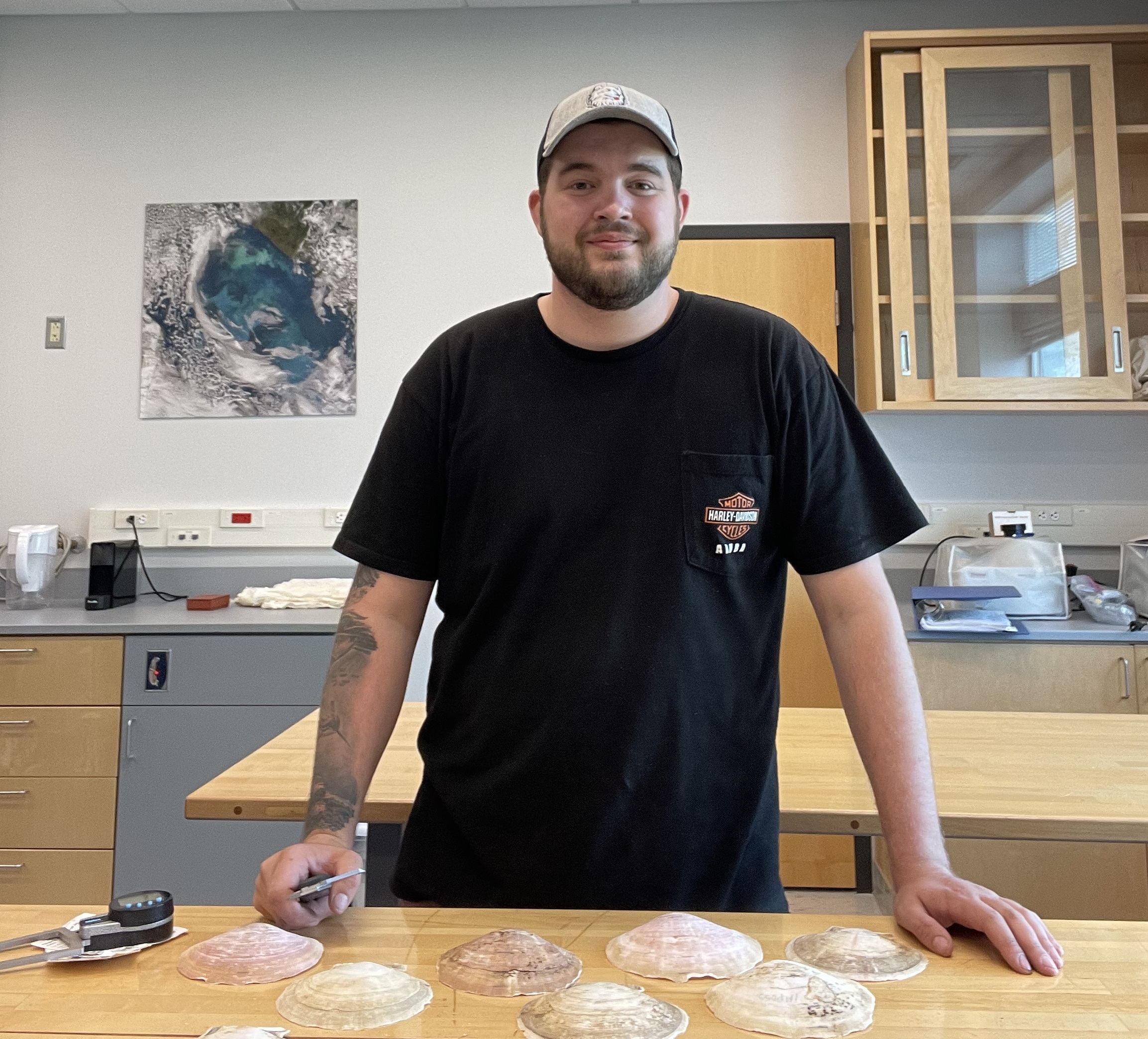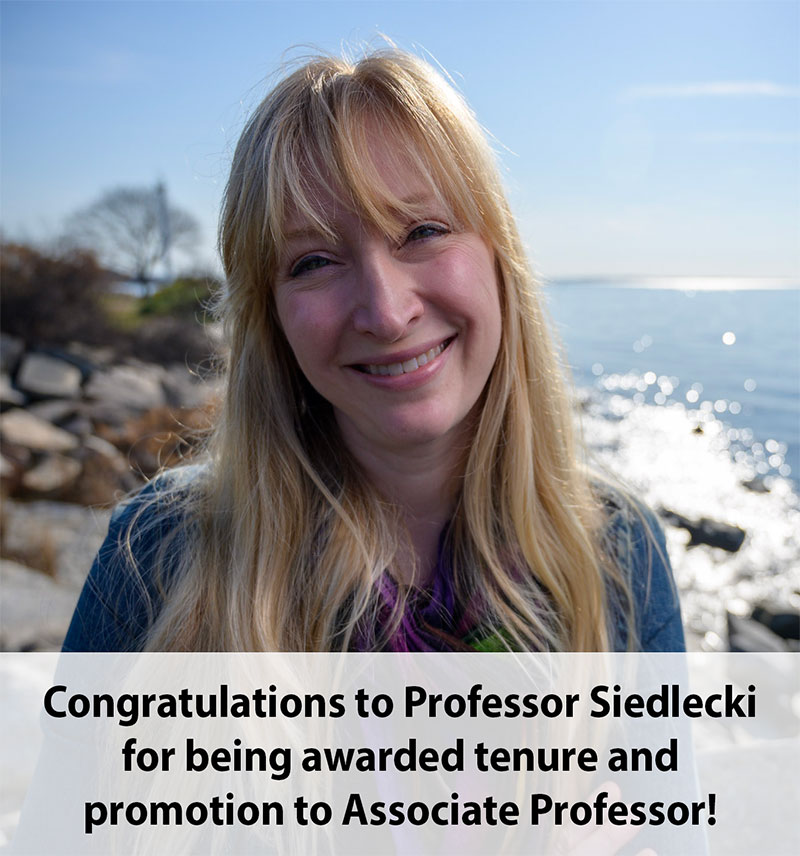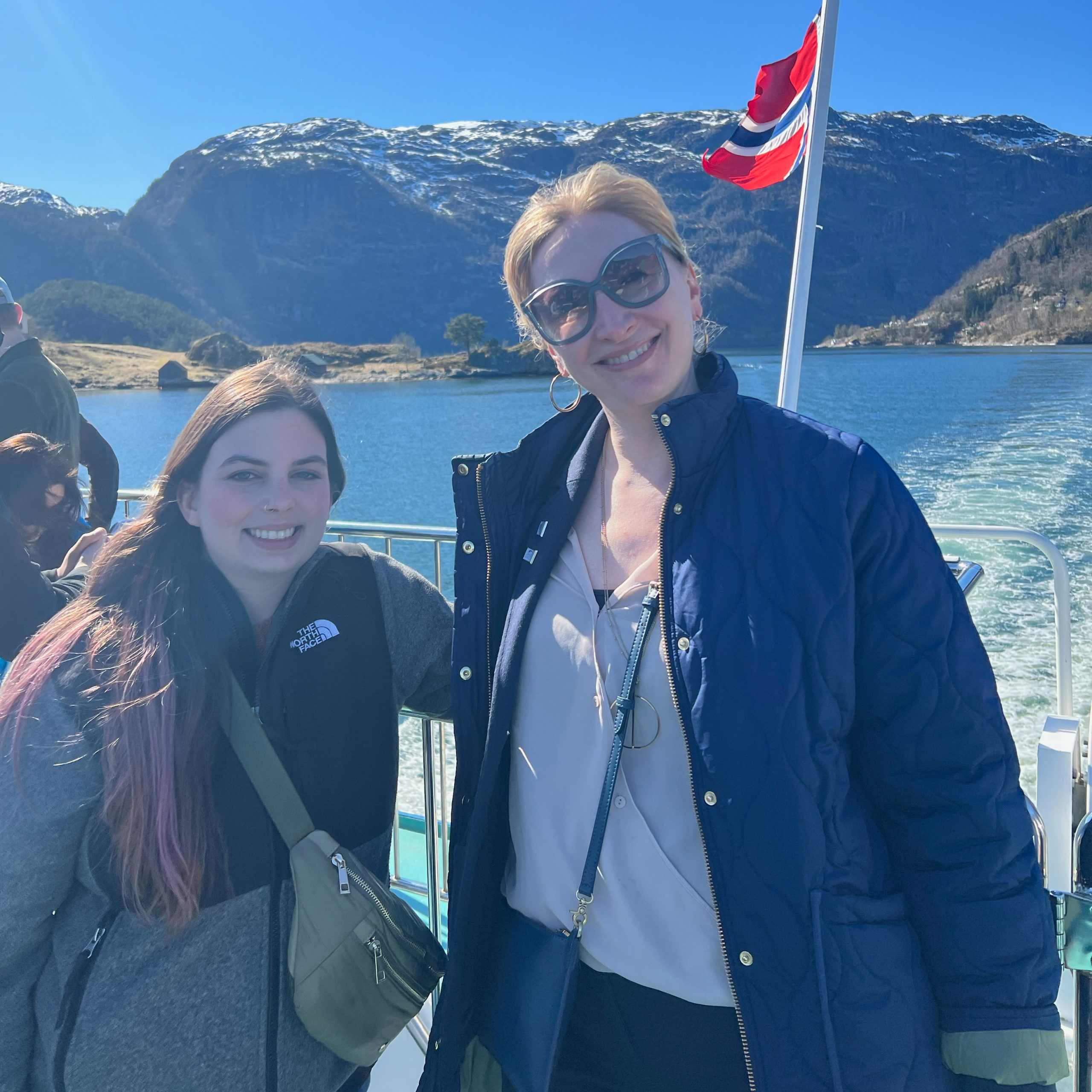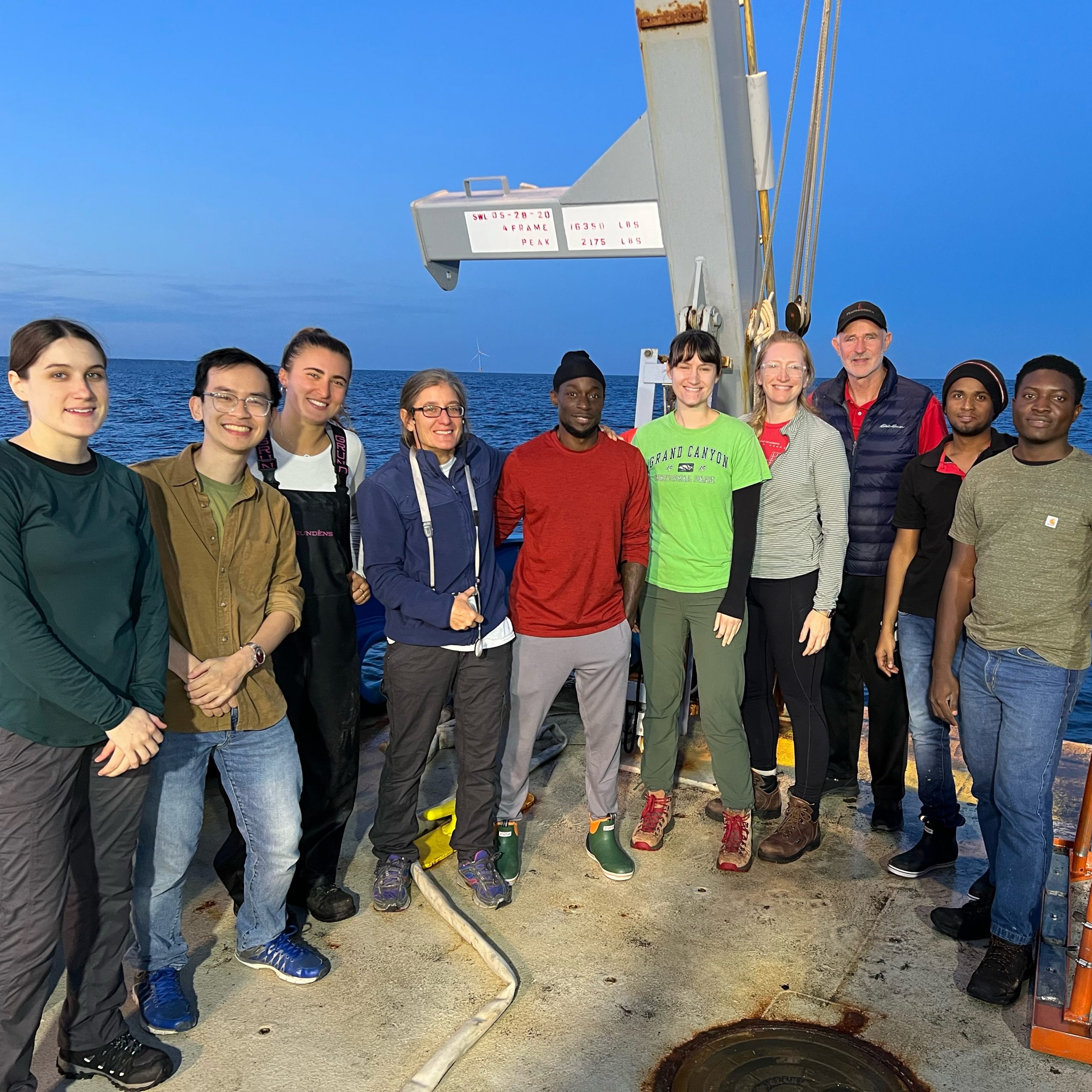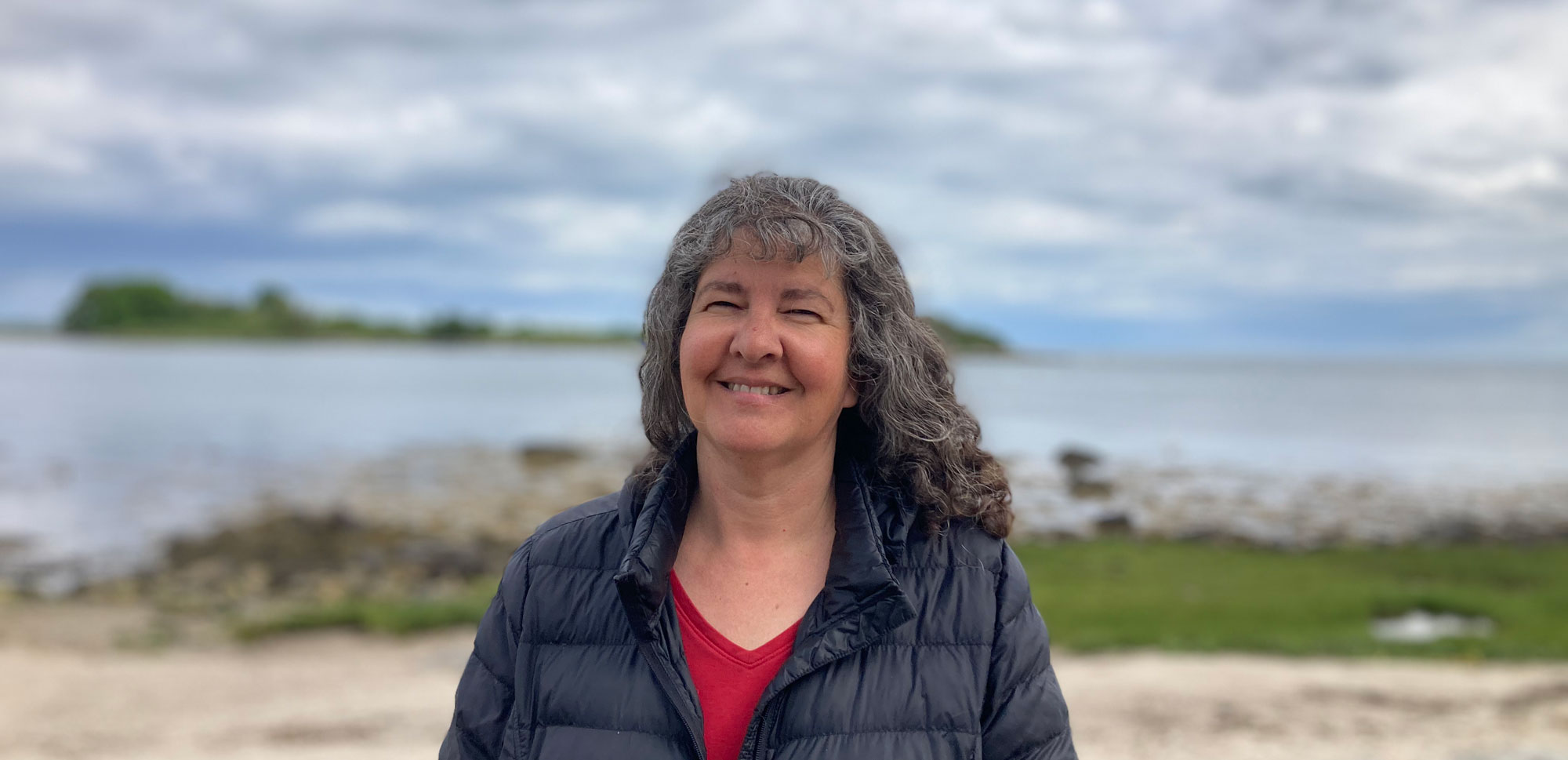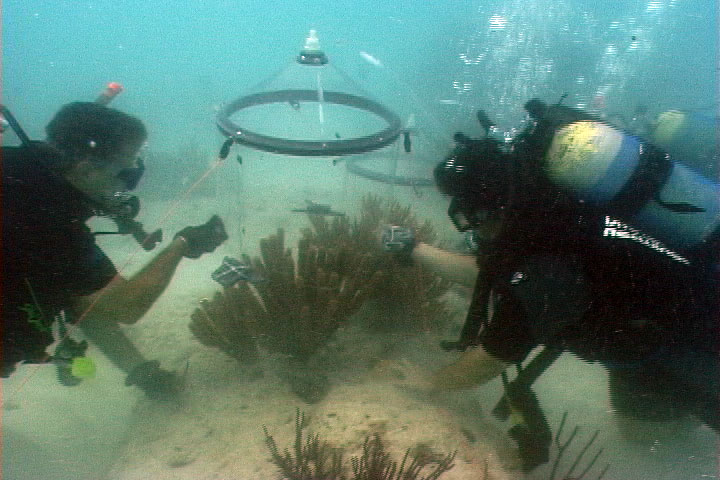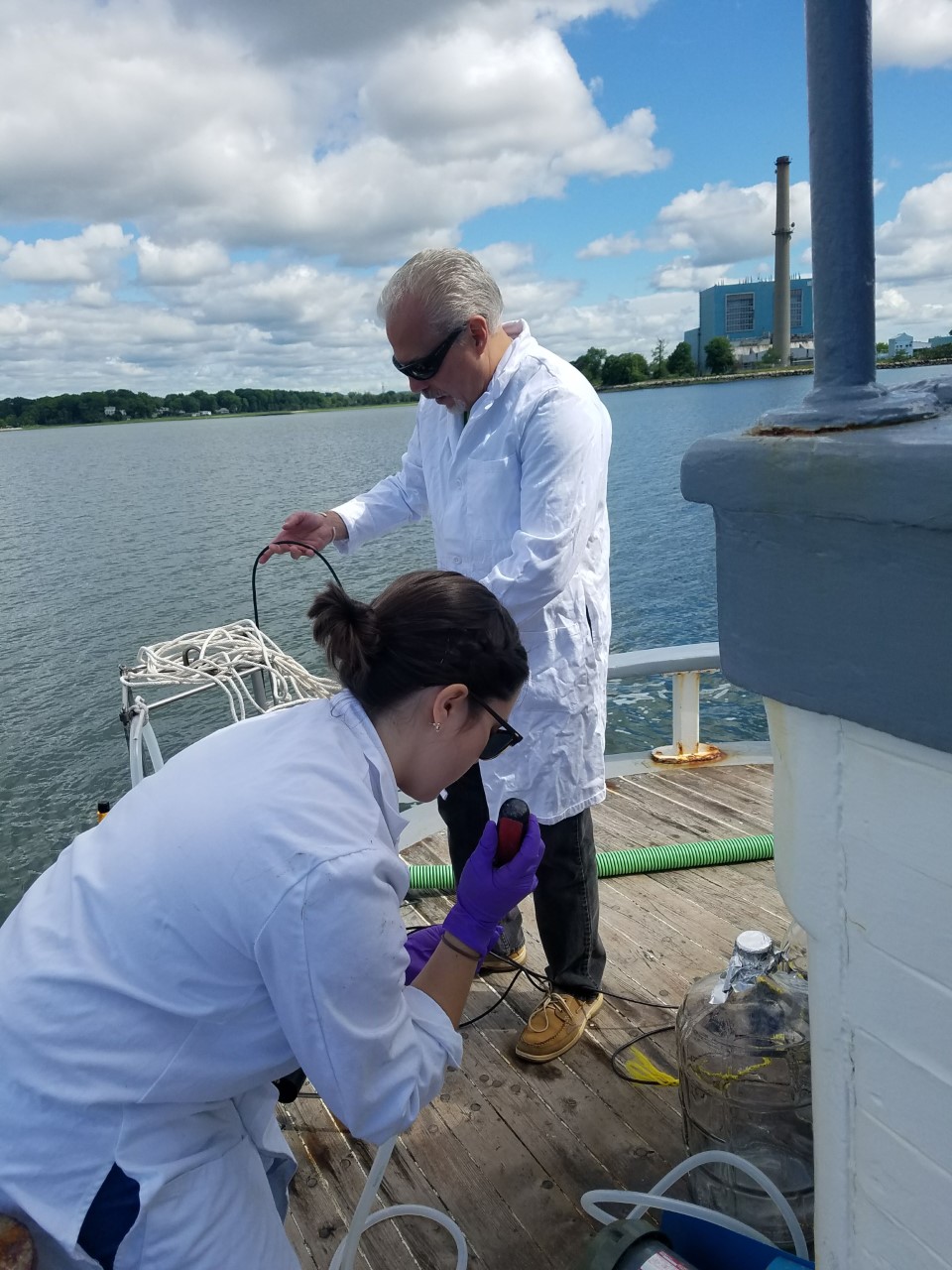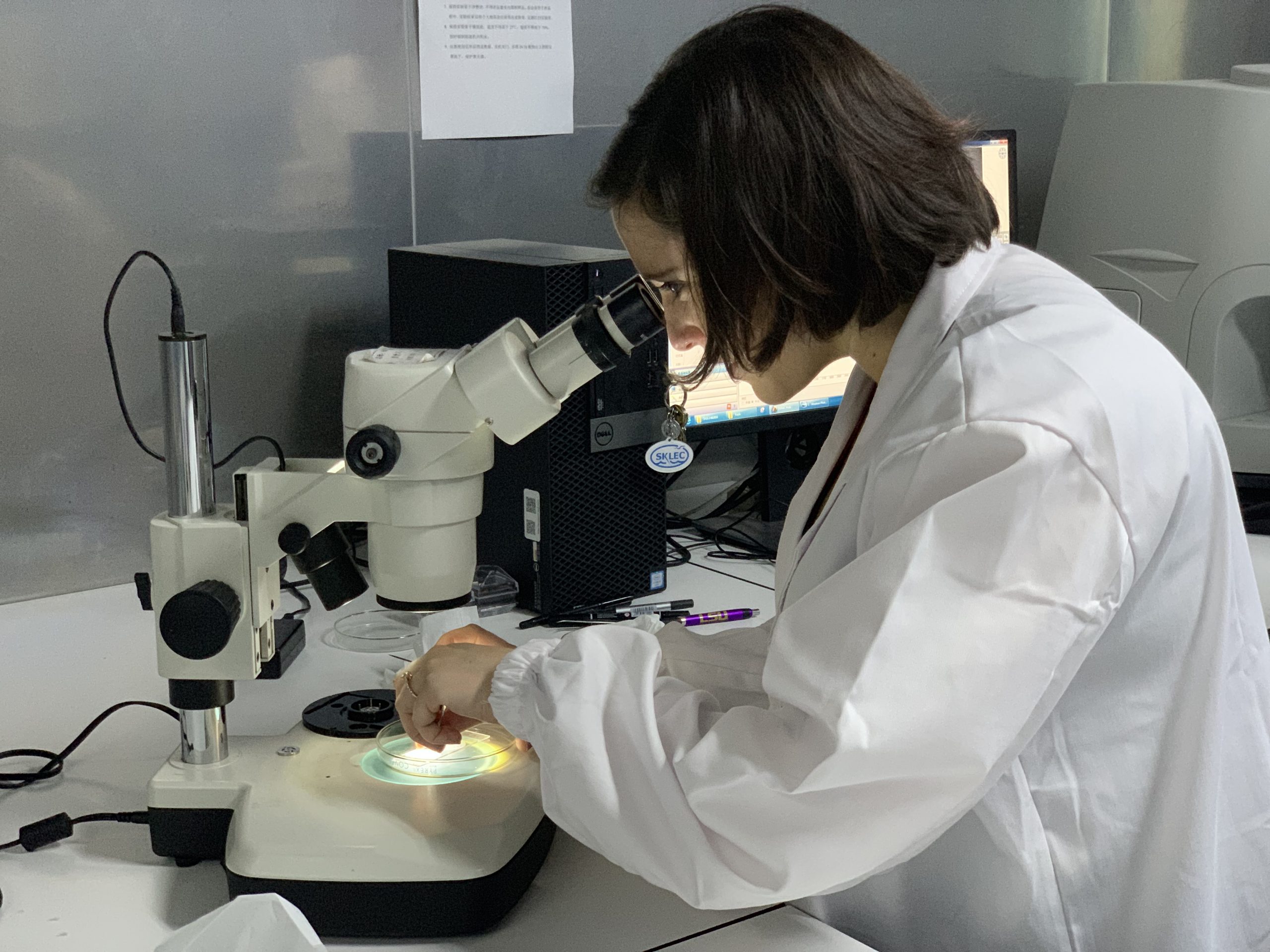Congratulations to Professor Jamie Vaudrey who has been promoted to Associate Research Professor.
Dr. Vaudrey leads applied research studying how human activities and land use changes affect coastal ecosystems to inform management. She was awarded the 2023 Faculty Environmental Leadership Award, which honors UConn staff who have had a positive impact on the environment by leading initiatives at UConn and beyond. She was recognized for leading the process to establish the Connecticut National Estuarine Research Reserve, which is based at the UConn Avery Point Campus, as well as helping to develop the Environmental Report Card for Long Island Sound which converts environmental monitoring data into an accessible format so that policymakers and the general public can understand how human decisions are improving water quality in Long Island Sound. She also contributed to developing the Unified Water Study which monitors water quality in more than forty embayments in Long Island Sound in collaboration with a large number of volunteer samplers.
She has served as the Research Coordinator for the Connecticut National Estuarine Research Reserve since its designation in 2022. There, she leads a team of staff who conduct environmental monitoring in coastal waters of Connecticut and collaborates with policymakers and the public. She has active research focused on coastal environmental issues, including monitoring and modeling the ecosystem impacts of nutrient pollution in Long Island Sound and developing strategies to improve the success of ecosystem restoration.
Beyond her research, she provides service to the university by serving on our Undergraduate Program Advisory Committee and she served as Chair of the Coastal Perspectives Lecture Series for the past 13 years, which brings the public to campus to learn about environmental issues. She has and continues to serve as an advisor to many community-based and governmental environmental monitoring organizations, due to her unique ability to communicate scientific results to those with other backgrounds.
Although her position does not have any teaching or student mentoring requirements, Dr. Vaudrey has consistently demonstrated her passion and talent for teaching by teaching our First Year Experience course for Marine Sciences majors, as well as our required writing course, Marine Sciences and Society. Dr. Vaudrey supervises multiple graduate students and has mentored many undergraduate interns who have worked in her lab and at the CT NERR.
We are proud that Professor Vaudrey is a graduate of our PhD program in Oceanography! Congratulations to Professor Vaudrey on your achievements and your service to UConn and the broader community to protect our environment in Long Island Sound and beyond.
